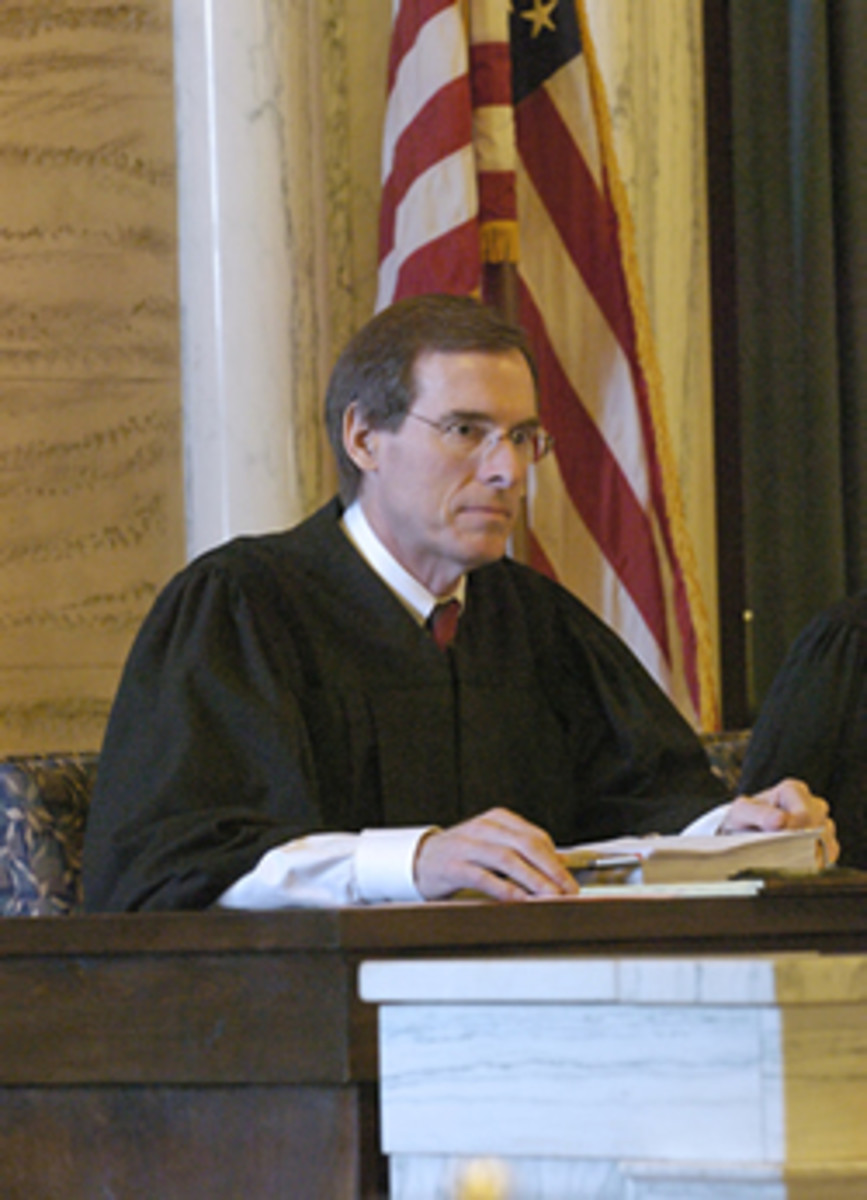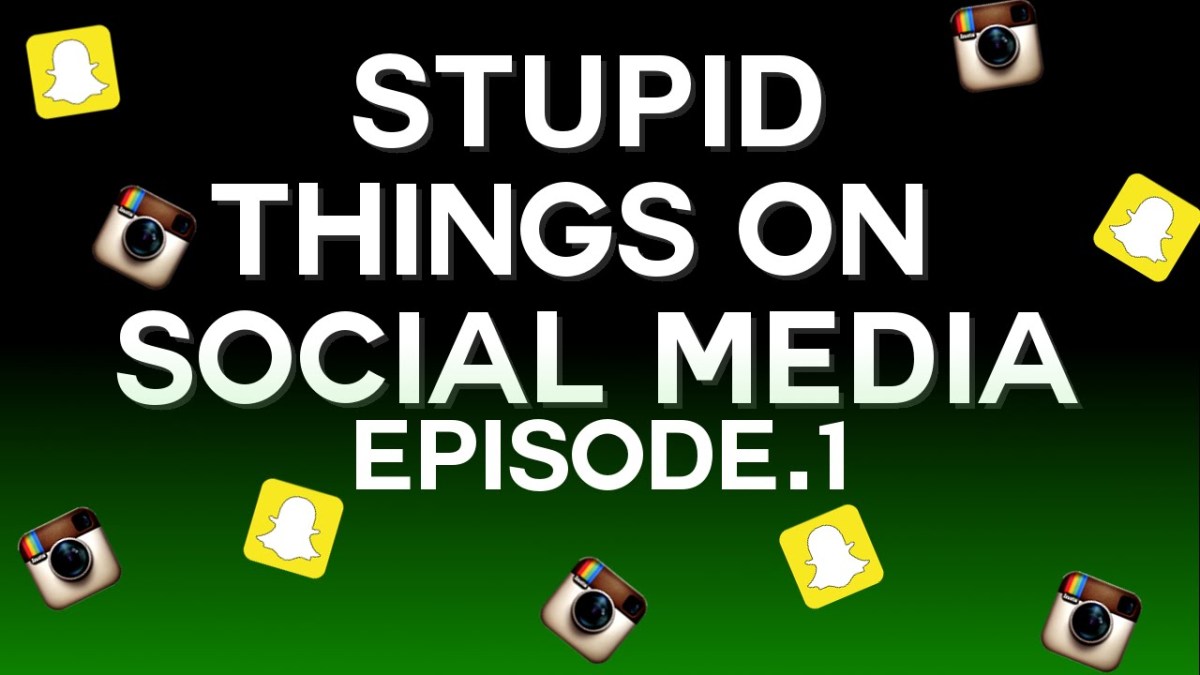Facts vs. Assumptions, and how they're related with opinions.

What is fact?
What is fact?
Facts are actual events that have gone to past. Although a fact may be accepted today because the evidence for it is visually or conceptually available, 10 years from now if this evidence is no longer accessible some people may view it as an opinion. Example: most ancient African history is regarded as opinions by some European Americans. Since facts need proof to be considered factual if that proof is not available can we reconstruct the evidence by accessing reasons?
Christopher Columbus at one time thought the earth was flat and a lot of people believed him despite the fact that there was evidence available to prove that the planet was a sphere. Once that evidence was presented, almost spontaneously people disbelieve that the earth was flat. In this analogy the assumption that the earth is flat was accepted as fact because the evidence which prove the reasons why it was a sphere had not yet made available to the people.
Likewise, as stated by Jose Maria Y Serrano “As a work of art, without exaggeration a magnificent sculpture… but what most amazed me was that the type that it represent is Ethiopian (African0. I concluded that there had doubtless been blacks (Negroid) in this region, and from the very earliest ages of the world.”
According to scientific evidence " the paradigm of a spherical earth was developed in ancient Greek astronomy, beginning with Pythagoras(6th century BC), although most Pre-Socratics retained the flat earth model. Aristotle accepted the spherical shape of the earth on empirical grounds around 330 BC, and knowledge of the spherical earth gradually began to spread beyond the Hellenistic world from then on”. Please check link.
These are the kinds of reasoning that is exercised in forensic cases all the time, where the evidence for proving the accuser innocent is no longer there, but the person is guilty until proven innocent. The guilty can then be proven innocent because the evidence has been reconstructed through logical reasoning and experimental evidence to excuse the accuser of his or her charges. But unfortunately not all innocents are that fortunate, very often many experience the death penalty when there are still disputable doubts.
The principle that one is considered guilty until proven innocent has placed lots of people in jail who couldn’t have afford a lawyer to prove them innocent. When it involves murder cases, some innocents have died through the process of capital punishment when in fact the evidence that could have proven them innocent was never unfold until they have expired. Examples for this clam are as follow: Please click on the link the Innocent Executed.
Now, what you have just read from that link is a statement that is based on facts. It is factual because there are examples available to prove its attributes, but facts can also be proven through reasons. A detail example can be attributed from Prof. Howard Zinn’s book A People’s History of the United States. During the time of segregation in the south, a student by the name of Silver Wood at the age of 10 was asked by her teacher, why did she refuse to sing the star spangled banner? The student replied “because it says the land of the free and the home of the brave and this is not the land of the free and I don’t know who’s brave but I’m not going to sing it anymore”. Then the teacher said “how come you want to stop now”. She answered “if I couldn’t swing on the swings in the park and I couldn’t seat in the park and I can only walk through Shakespeare Park than it couldn’t be the land of the free”. Who’s free she asked?
The teacher did not say anything – then he said to the child “ you could pledge your legion to the flag” – the student reply “ It’s not my flag, the flag stand for freedom – if the land is free and the flag is mine then how come I can’t do like the white kids”. This student has obviously access reason to defend her disobedient, because if the flag stands for freedom than they should all be free under the flag or else why must she pledge her legion to the flag?
At this point in time in history, it was false to say that the American flag stood for freedom if everyone under the flag could not have had equal access to freedom. As we have seen not all statement needs facts to back it up, sometime the fact depends on how well one can access reason.
Another example is as follow – I’m very sure you guys have heard of this term that “the love of money is the root of all evil”. Well, if you haven’t its written in the holy bible - 1Timothy 6:10.
The argument in that passage is that “The love of money is the root of all evil.”
The reason that proves this statement false is as follow: The love of money is not the root of all evil for the simple fact that if it was, all evil acts would have derived from money. For that, we can say not all evil acts resulted out of love for money. Come to think about it if that was true, they would not have been any exceptions where money is not the cause of evil. Obviously, as we have seen with rape victims, where the evil act is triggered by lust or jealousy, money has nothing to do with it. This statement is one that most people hold true till this day, and as noted it has fault. Well, there are many statements like that out there waiting to be proven wrong, those who believe in them are simply not aware of the mistakes.
Then we have “assumptions” - that one is easy. Assumptions can either be backed by facts or they can be just vague statements. For example: Any country where more than 50% of its GDP is the result of foreign investors is a shared country. In that respect this country will have their policies outline in respective to hose investors as a mean to satisfy their needs for the relationship that exist between them are crucial for the country’s development.
This statement is obviously an assumption that is back by reason, and some would even say facts. Facts in the sense that one can go back in history and pick examples where foreign investors lobbied for their interest and actually got what they wanted from the government. It is back by reason because if we own a storage and 70% of the belongings in the storage are the possession of Med than by definition Med has more of a say as to how things should be arrange in that storage.
After all, he does pay a higher percentage of the total cost for storing his things there. In essence we can say based on this argument, it should become relative that all future U.S. President must know foreign policy in order to understand how the interest of the foreign company will benefit his country.
This demonstration is the result of an assumption that is back by reason. Those kinds of assumptions keep your arguments grounded and irreversible. However, for those who choose not to access reason to them it’s an assumption that has no merit. Then you have the vague assumptions, which are those statements that are meaningless, they follow no order and sometimes you can hardly understand them.
Opinions on the other hand are different from assumptions in the sense that an assumption is base on a predisposition whereas an opinion is just what one thinks. I think I write too much instead I should try getting laid. That’s an opinion that is backed by nothing because whether or not I get laid doesn’t mean it will stop me from writing. You see vague statement has no merit.
Nevertheless, some can argue that if an opinion is backed by facts than it is no longer an opinion. It is therefore a factual statement. That’s a good way of looking at it, but the underline presumption here is that the opinion doesn’t have to address the present; it can also be an opinion that addresses the future. For example: base on recent polls and the consciousness of the American people of President Obama, if he wins the next election it will not be a sweep like the last one.
As you can see, this opinion is addressing a future circumstance that has not yet occur. The facts can be retrieved from accessing a list of recent polls taken by different credible sites, and the reasoning will lie on the credibility of those facts for the result of the poll is a presumption of a factual event which bears greater possibility to change in due time.
Nevertheless, some opinions can be backed by both reason and facts, it will all depends on how the statement is formulated. For example: As for us our concern is not whether or not Wyclef becomes the president of Haiti, but rather who are the negotiators for Haitian’s interest. What are their stakes, and what kinds of plan do they have for the country?
As we will demonstrate to you this statement is supported by both facts and reason. To understand this statement first we must understand that no commander in chief runs a country independently. Therefore, if he must negotiate deals on behalf of the country he will have to discuss them with someone. In that sense, whoever that one may be is the negotiator that the Haitians should know about. In the United States we have Congress which can veto every bill that the president attempt to pass into law which could leave the U.S. President with no choice but to rely on the people’s power for support.
Fact number one - no president negotiate deals alone unless this president is a facade, fact number two - all presidents have their selected cabinet members who helps in the decision making process. The statement is supported by reason because if deals are being negotiated there must be an interest, and whose interest it is? - is just one of the many reasonable questions to ask.
To prove a point that an opinion can be supported by factual reasoning, we’ll extract an example from the New York Times Published August 12, 2010 by Carl Hulse. The example is as follow: “In a treacherous political environment where cutting spending is the more potent message and earmarks can count as a black mark, serving on the House or Senate committee that doles out federal dollars can bring more punishment than prestige.”
Now, to understand this statement we need to know what an earmark is. And before we start thinking crazy, let us be reminded that it’s not the earmarks from the Holyfield vs. Tyson fight; where Tyson took a bite out of Holyfield ear, it’s one of political view.
First, a political earmark is a set of biding laws laid by congress to control and direct the allocation of funds that must be spent on specific projects. Knowing what an earmark is we can then begin to see why this statement is an opinion that is backed by factual reasoning.
If an earmark is count as black mark than we can say whichever the member of our government who dole out the federal dollars have misused them? In this particular case that action can bring more punishment as oppose to prestige.
The opinion is said to have been reasonably factual because it is associated with historical facts. Example GOP Earmarks, Pelosi Earmarks. Those of us who regard Hulse statement as just an opinion are neglecting his reasoning, for this thought seems more like an added value to his article.
- Flat Earth - Wikipedia, the free encyclopedia
When did we new that the planet was a sphere?








